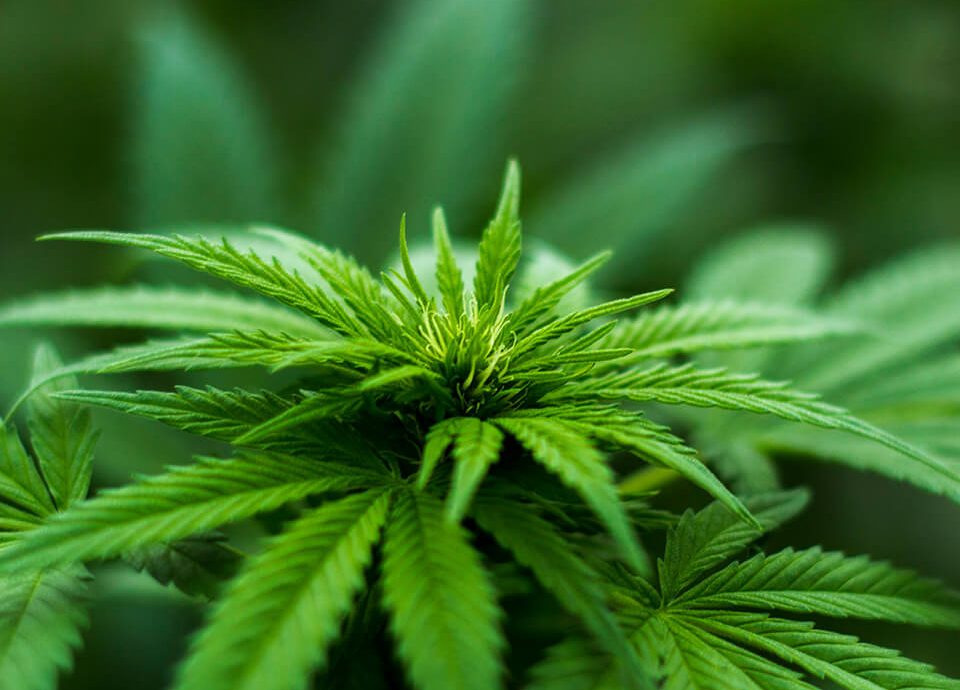Understanding Miranda Warnings
Most people believe that police officers must read Miranda Rights at the moment of arrest. In reality, Miranda Warnings are only required when a suspect is both in custody and being interrogated. Until you are officially detained or under arrest, police are not obligated to advise you of these rights.
In Michigan, this means you may be questioned without being Mirandized if you are technically “free to leave.” Even being placed in the back of a police cruiser or an interrogation room does not always count as legal detention. Unless you are in handcuffs, told you are under arrest, or physically prevented from leaving, Miranda protections may not apply.
Common Misconceptions About Miranda Rights
Police officers often take advantage of public misunderstanding. They may say, “you are free to leave at any time,” even when you are confined in a police car or interview room. This phrasing can prevent your Miranda rights from being triggered, allowing officers to continue questioning without warning you of your right to silence or counsel.
Many people make the mistake of answering questions at this stage, believing they are required to do so. Unfortunately, anything you say can still be used against you — even before Miranda Warnings are given.
Your Right to Remain Silent
When in doubt, remain silent. You cannot be legally forced to talk, and once you confess or make incriminating statements, prosecution becomes far easier. Confessions and admissions are the number one tool prosecutors use to secure convictions.
Police may use manipulative tactics to encourage you to speak:
- “We can do this the easy way or the hard way.”
- “Tell me what happened and I won’t arrest you.”
- “Cooperation always helps.”
These statements are designed to create pressure. In reality, cooperation at this stage helps the police — not you.
Why Staying Silent Protects You
Once a confession is made, arrest and charges are almost guaranteed. Worse, there is often no recording or neutral witness to confirm what was actually said. In most cases, a jury or judge will believe the officer’s account over the defendant’s. That means your words can easily be misinterpreted, exaggerated, or taken out of context.
The safest approach is to provide only your name and identifying information, then politely decline further questioning without a lawyer present. Exercising your right to silence is not an admission of guilt — it is a protection of your constitutional rights.
Work With an Experienced Defense Attorney
Understanding Miranda Warnings is crucial, but navigating the criminal justice system requires professional guidance. Attorney Bruce Alan Block has more than 30 years of experience protecting clients’ rights in Michigan. If you are facing criminal charges, he can evaluate your case, challenge improper questioning, and build the strongest possible defense on your behalf.





